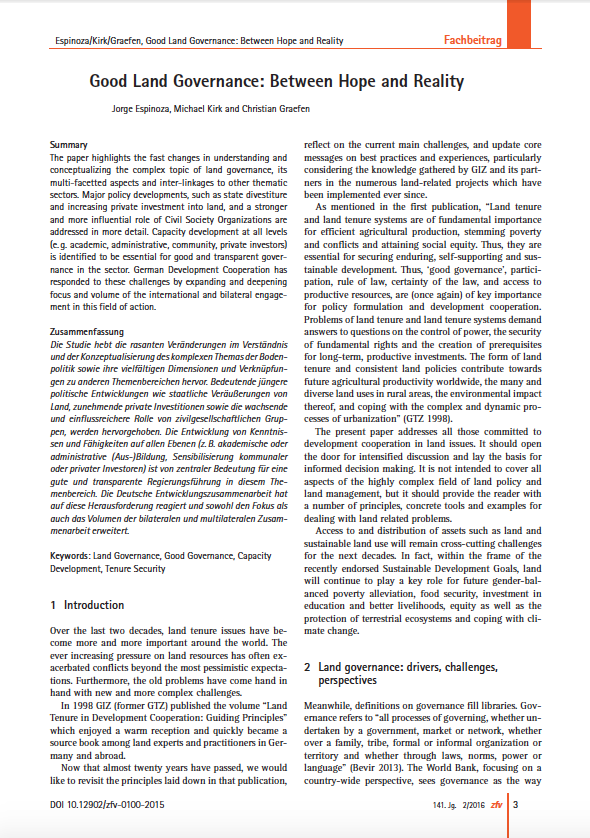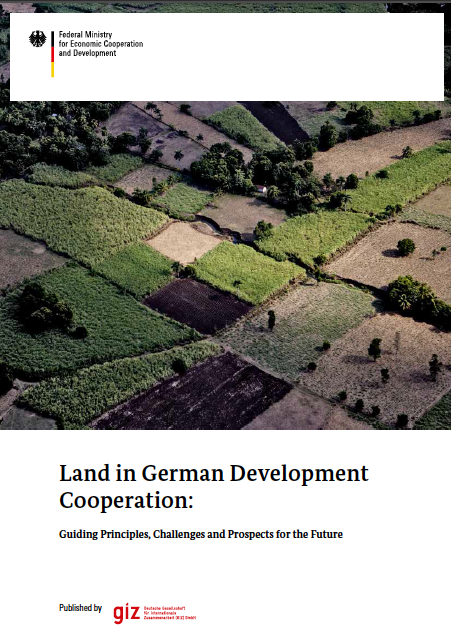Sharing the Wealth: A Roadmap for Distributing Myanmar’s Natural Resource Revenues
Myanmar's Union government collects much of the trillions of kyat generated by oil, gas, gemstones and other minerals each year, primarily through its state-owned economic enterprises (SEEs).









